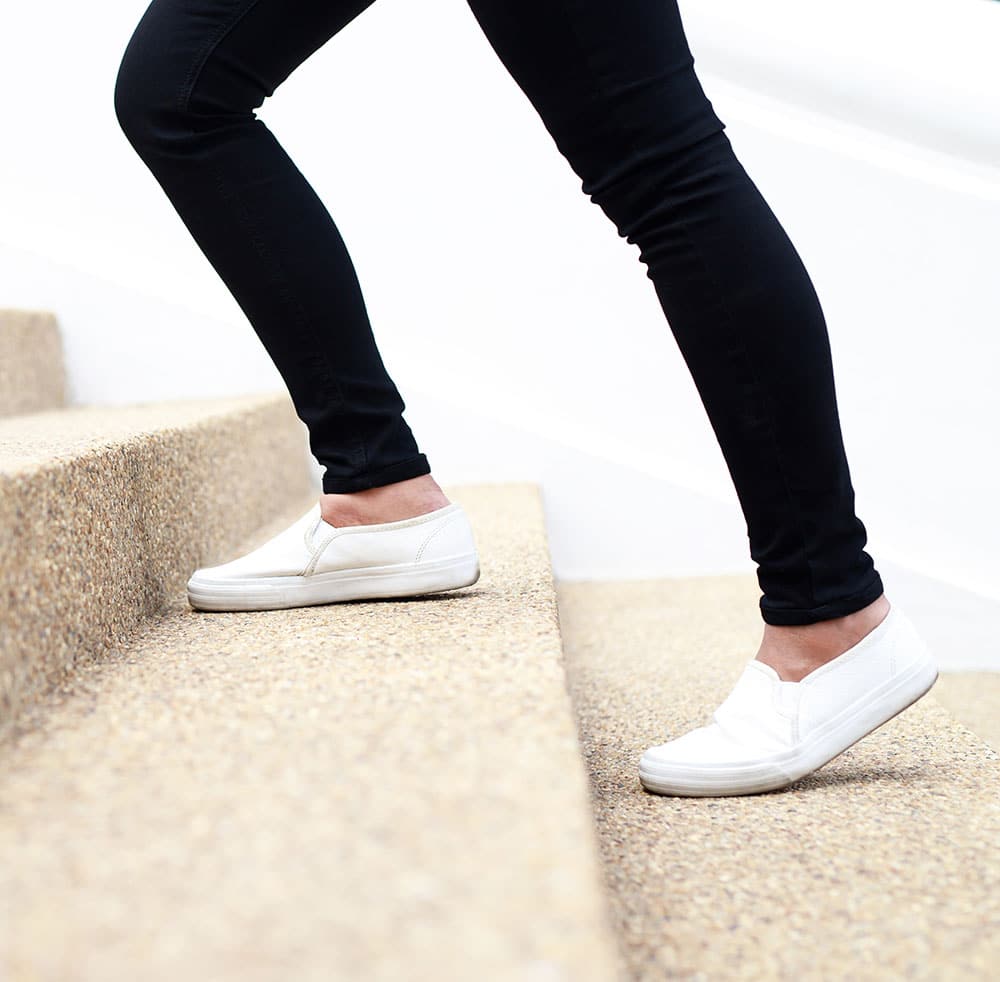Diabetic Foot Care
Diabetes can have an impact on your entire body, head to toe. When it comes to our expertise, of course, we focus on the latter.
Diabetic foot care is a very important part of our practice. The effects of diabetes can be especially severe to your feet and toes if problems are left unchecked. Our goals are not only to treat problems that arise, but provide preventative care to keep them from becoming problems in the first place.
What Can Diabetes Do to Your Feet?
Diabetes can have two major consequences to your feet.
First, diabetes can result in damage to the nerves in your feet, also known as diabetic neuropathy. As nerves take damage and even die, sensation in your feet can begin to be affected. At first, you might feel tingling or shooting pain. Eventually, you might begin to lose feeling your feet entirely.
A loss of feeling in your feet can lead to injuries and sores going unnoticed. That in itself is bad enough, but it becomes especially dangers when combined with reduced blood flow to your feet.
Our blood carries the oxygen and nutrients our cells need to conduct operations such as repairs. If you develop an injury on your foot, reduced circulation can mean it will take a lot more time to heal.
Combine a reduction in healing capability with a lack of sensation, and you could be walking and bearing weight on a hard-to-heal sore or injury you’re not even aware of. This is how tiny nicks and irritations can turn into large ulcers, and how infections can develop that may lead to amputation.
With the right kind of care, however, it never has to reach such a dangerous point!
Diabetic Foot Care from All Angles
The best plan for diabetic foot care includes both regular professional care and daily personal attention.
One of the most important things you can do for yourself if you have diabetes is check your feet every day. Even if you don’t feel like your feet have lost any sensation now, it has a way of slowly creeping up on you.
Commit to a convenient time to check your feet. This can be before or after you get in the shower, or right before bed. Visually inspect your feet for signs of injury, sores, discoloration, ingrown toenails, warts, blisters, or anything else that just shouldn’t be there.
If you have trouble seeing all of your feet, a mirror may help (and so may even a selfie stick!). You may also feel along areas of your feet carefully with your hands or try to employ the help of a loved one.
Report what you find to us, and we can take it from there. It might mean asking you to keep an eye on a condition to see whether it improves, or asking you to come into the office instead so we can directly address whatever is going on.
Additionally, periodic checkups here are our office are important, even when things seem fine. We can follow a timeline of your feet’s progress, as well as identify and address any issues that could cause problems that on, such as changes in gait or balance.
And, of course, when any immediate problems arise, we will get you in as soon as possible for immediate care!
Part of Your Whole Diabetic Care Plan
Your feet are just part of the whole picture when managing diabetes, but Capital Podiatry Associates is fully prepared to handle all matters foot- and ankle-related.
Call our Alexandria office at (703) 560-3773 or reach us through our online contact form to schedule an appointment.

